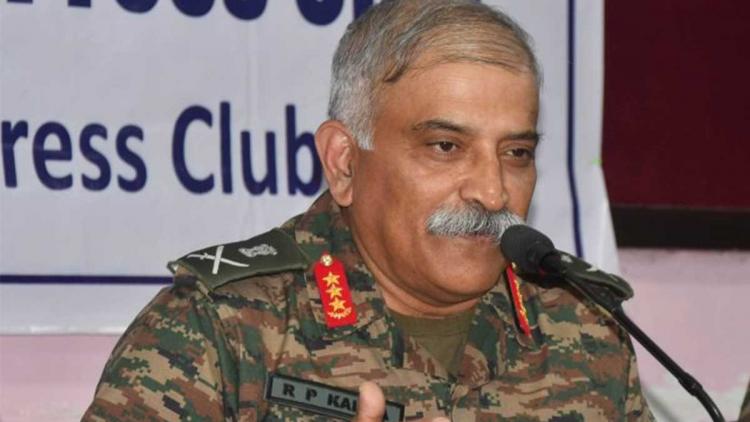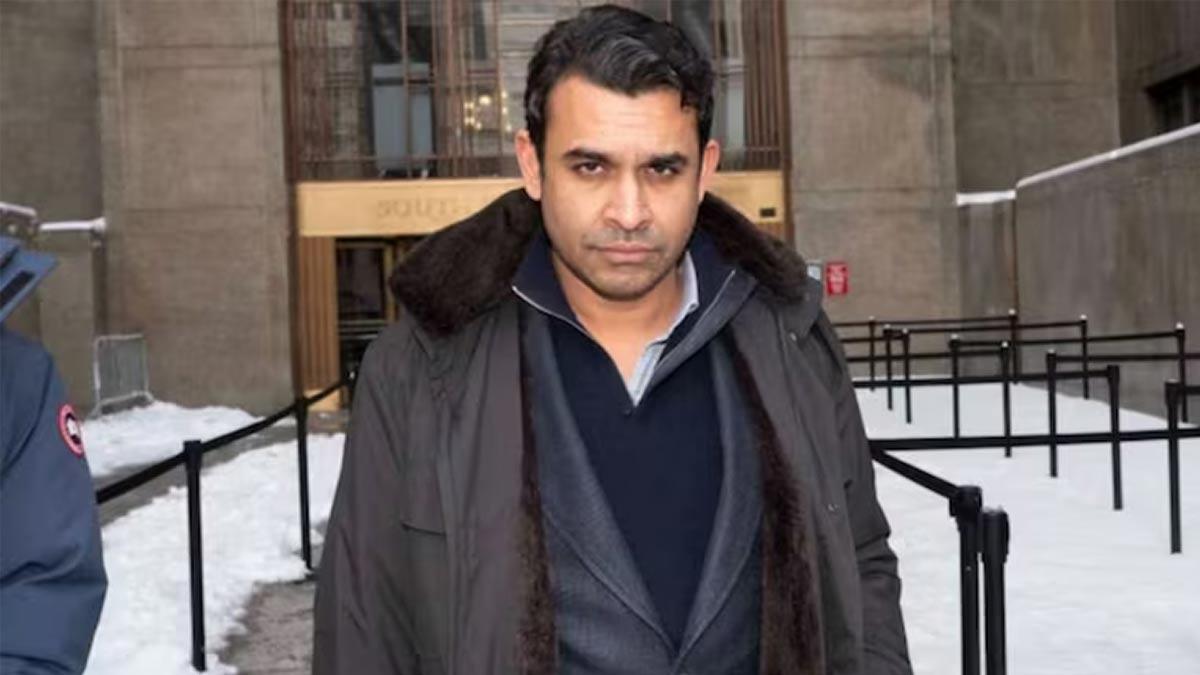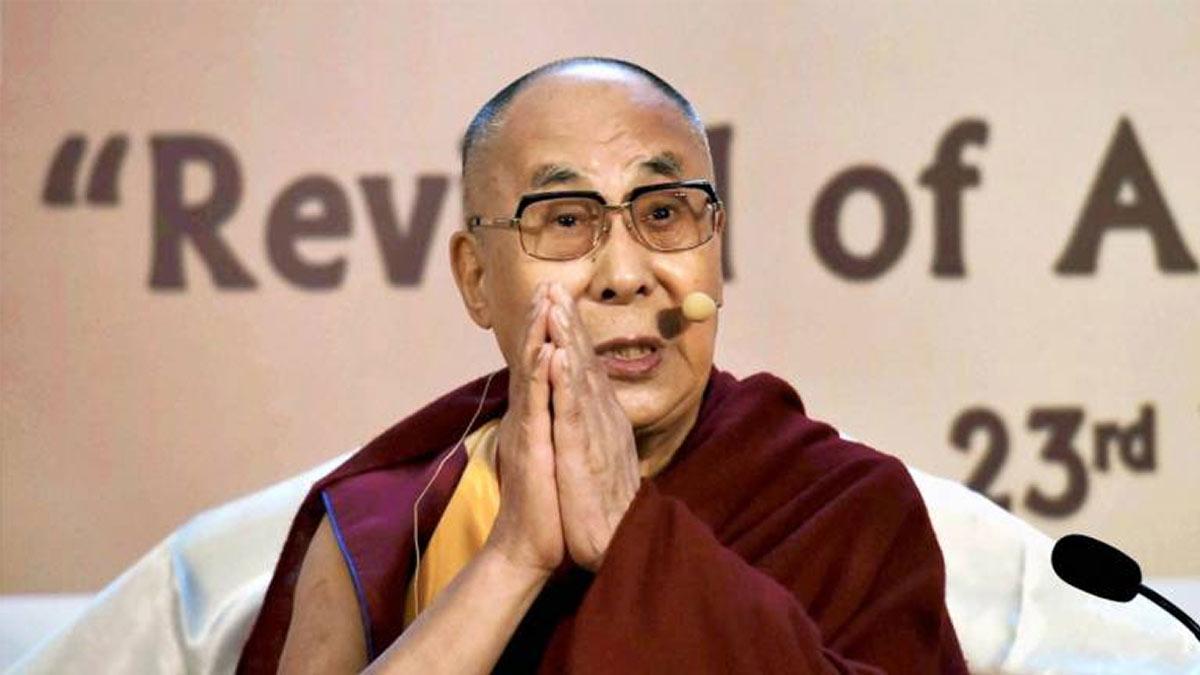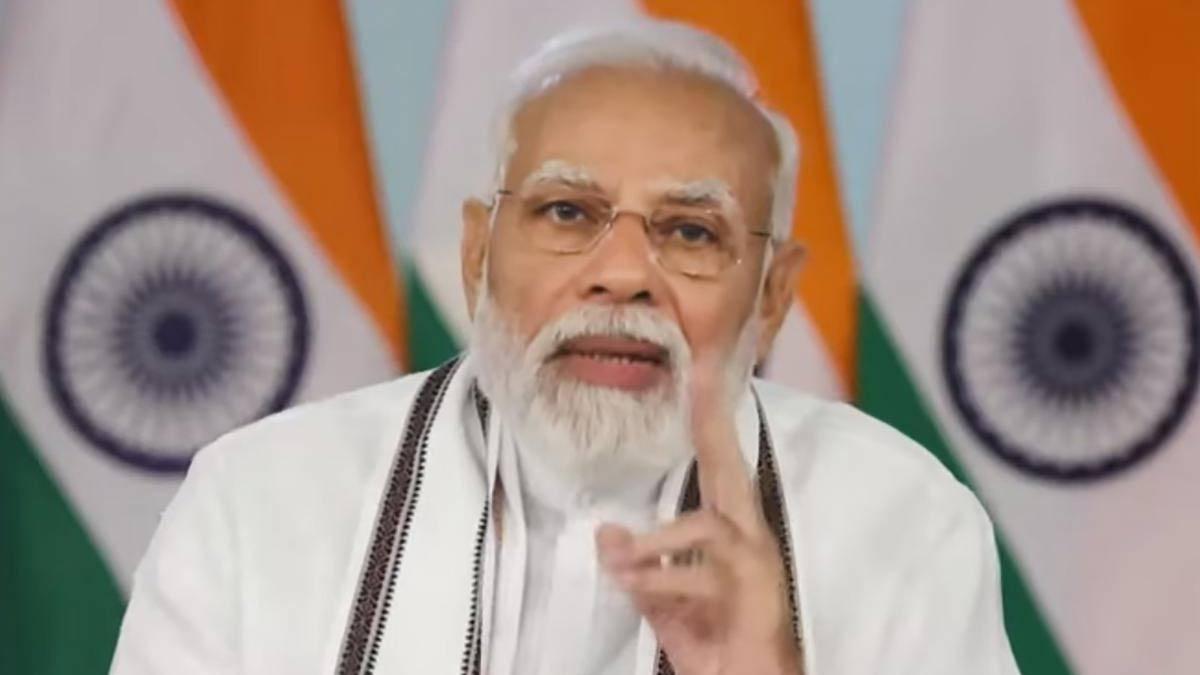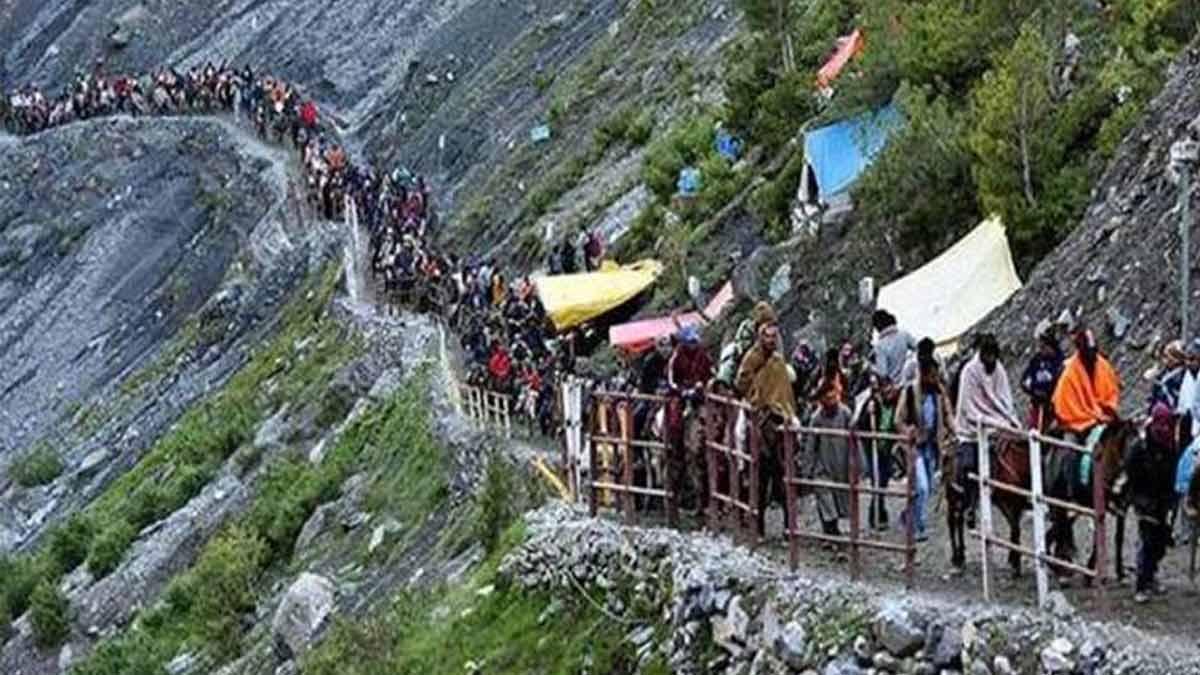Lieutenant General Rana Pratap Kalita, the Chief of Eastern Command in the Army, emphasized the necessity of a political resolution to the ethnic conflict in Manipur. He highlighted longstanding issues among Manipur's communities, noting their complete polarization.
Addressing the prolonged ethnic strife, the Army's Eastern Command Chief pointed out that over 4000 looted weapons are still in circulation, fueling intermittent incidents of violence.
"Resolving the ongoing conflict in Manipur requires a political solution," stated Lt Gen Kalita during his visit to Guwahati for the Rising Sun Water Fest-23 at Deepor Beel, addressing the media.
"Our initial focus in Manipur was on rescue and relief operations for the displaced individuals who had to flee their homes."
Efforts have been made to contain the violence and encourage peaceful resolution among both community factions. "We've seen substantial success, but due to the Meiteis and Kukis' polarization, sporadic incidents persist," he explained.
Lt Gen Kalita mentioned that on Monday, two casualties, including a security personnel, were reported. "Ultimately, a political resolution is crucial to end this conflict."
Highlighting the historical conflicts among Manipur's three communities, he referenced the past discord between Kukis and Nagas in the 1990s, resulting in significant casualties.
"Both communities remain deeply divided. While incidents of violence have decreased, a large number of weapons taken from police stations, around 1500, have been recovered, but approximately 4000 weapons are still in civilian possession. Until these arms are retrieved or surrendered, sporadic incidents will persist."
Regarding the global landscape, Lt Gen Kalita noted, "Amidst the Russia-Ukraine and Israel-Hamas conflicts, instability in India's neighborhood is evident, impacting not just our nation but also our armed forces."
Recognizing the evolving technological landscape, he stressed its impact on warfare methodologies. "This change necessitates the identification of 2023 as the year of transformation for the Indian Army, based on five key pillars."
He detailed these pillars as force restructuring, modernization and technology infusion, process optimization, human resource management, and jointness and integration.
"Future conflicts cannot be won solely by the armed forces. It demands a unified effort from the entire nation. Recent conflicts like the Israel-Hamas and Russia-Ukraine disputes underscore this fact," he concluded.
(With Agency Inputs)
ALSO READ | Escalating Conflict in Myanmar Spurs Migration to India as Army and Civil Forces Clash

